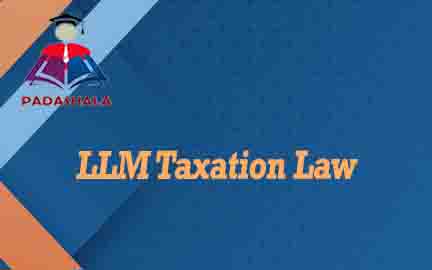An LL M course in Tax Law accords the learner a broad perspective of how governments generate and collect revenue. It also looks at the various international legal jurisdictions, gaps, ambiguities, as well as technicalities that could potentially benefit individuals and businesses who want to reduce their tax obligations, offset debts and preserve profits. More recently, the study of Taxation Law has been broadened to include subjects like corruption, money laundering, fraud, offshore tax ‘havens’ use and misuse, and ties to international crime.
Master of Laws in Tax Law take into consideration diverse aspects of how relevant legislation is formulated and enforced, how it reflects social and economic changes on a national and global scale. Laws on taxation change quickly, and are often quite extremely intricate, challenging to interpret and apply, demanding a sharp grasp of detail.
Obviously the course emphasis in different countries continents will differ largely based on where you are taking your LL M. However, they generally cover issues that touch on tax avoidance, tax control, corporate taxes (such as corporate mergers) and financial regulation on matters like money laundering and offshore jurisdictions. Taxation Law LL Ms are often taught through classroom lectures, seminars and tutorials falling under the Commercial Law programs.
